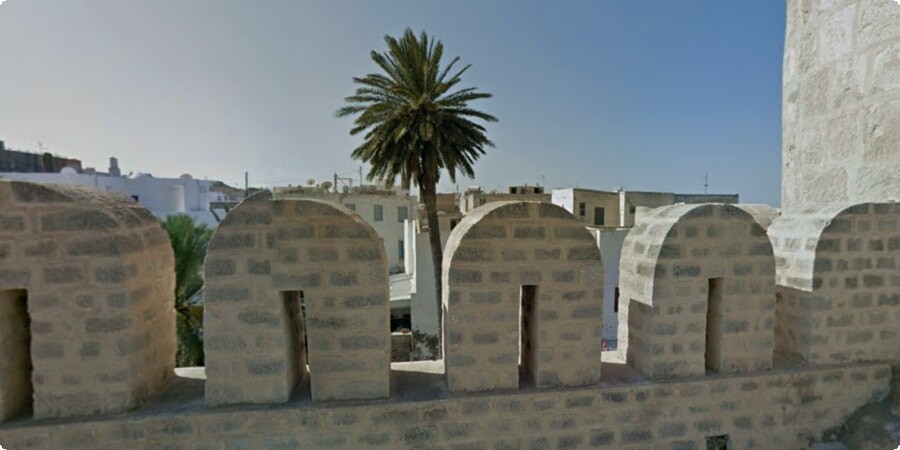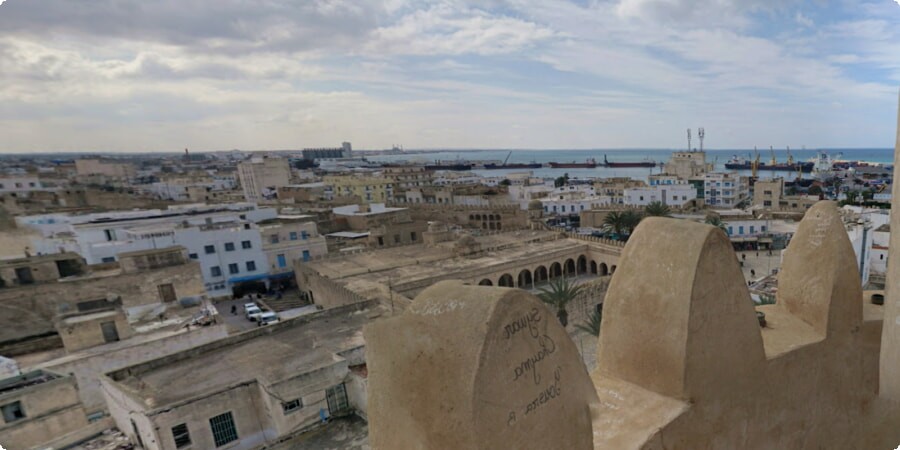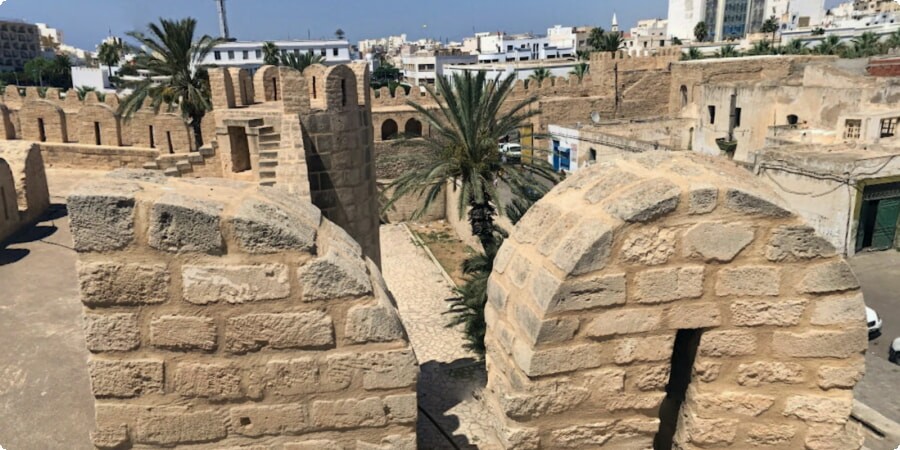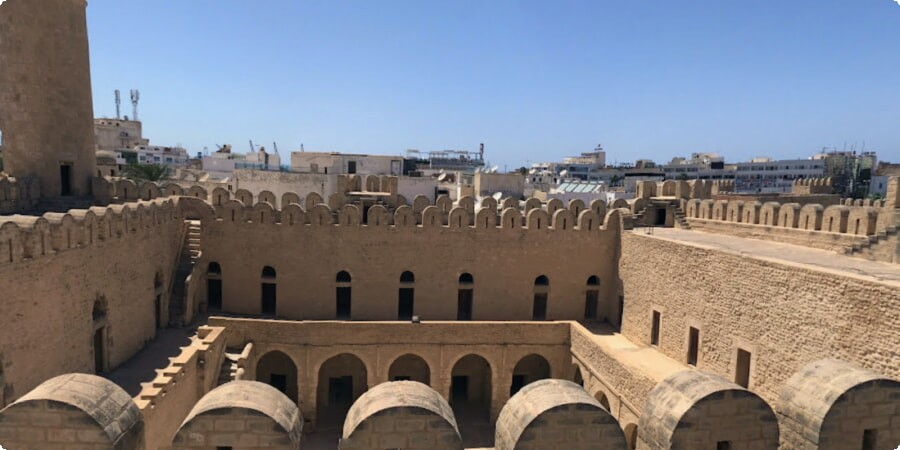Ribat: A Symbol of Faith and Fortitude in Tunisian Culture
Spiritual Significance
Ribat holds profound spiritual significance in Tunisian culture, serving as a sanctuary for devout Muslims seeking spiritual enlightenment and connection with the divine. As one of the oldest Islamic institutions in Tunisia, Ribat has played a central role in the religious life of the community, serving as a place of worship, meditation, and reflection. Pilgrims from far and wide journey to Ribat to pay homage to the saints and scholars buried within its walls, seeking their blessings and intercession. The tranquil atmosphere of Ribat, coupled with its rich history and spiritual resonance, creates a profound sense of reverence and devotion among visitors, reinforcing its status as a sacred symbol of faith and fortitude in Tunisian culture.

Cultural Influence
Ribat's influence extends far beyond its architectural grandeur, shaping the cultural landscape of Tunisia and leaving an indelible mark on its artistic, literary, and intellectual traditions. The fortress-like structure of Ribat has inspired countless artists, writers, and poets throughout history, who have sought to capture its mystique and majesty in their works. From intricate mosaics and calligraphy to epic poems and folk songs, Ribat has served as a muse for creativity and imagination, symbolizing the resilience and determination of the Tunisian people in the face of adversity. Its enduring legacy continues to inspire admiration and reverence among Tunisians, who regard it as a national treasure and a source of pride for their cultural heritage.
Role in Tunisian History
Throughout its storied history, Ribat has played a pivotal role in shaping the course of Tunisian history, serving as a bastion of defense, a center of learning, and a symbol of resistance against foreign invaders. From the Arab conquests to the Ottoman Empire and beyond, Ribat has stood as a sentinel guarding Tunisia's coastlines and safeguarding its sovereignty against external threats. Its strategic location at the crossroads of civilizations has made it a coveted prize for conquerors and a rallying point for defenders of Tunisian independence. Today, Ribat stands as a living testament to the courage and fortitude of the Tunisian people, reminding us of their enduring spirit and resilience in the face of adversity.

To embark on a journey of discovery through Tunisia's rich cultural heritage, we recommend booking a car rental from LuckyCar. With a car rental, you'll have the freedom to explore Ribat and other historic landmarks at your own pace, immersing yourself in the timeless beauty and cultural richness of Tunisia's past.
Rituals and Traditions
Ribat is steeped in rich traditions and rituals that have been passed down through generations, shaping the cultural fabric of Tunisian society. Throughout the year, Ribat hosts a variety of religious ceremonies, festivals, and rituals that celebrate its spiritual significance and honor the memory of the saints and scholars who have graced its halls. From the annual pilgrimage to the shrine of a revered Sufi saint to the commemoration of historic battles and victories, these rituals serve as a powerful reminder of Ribat's enduring legacy and its central role in Tunisian religious life.
Contemporary Relevance
Despite the passage of time, Ribat remains as relevant today as it was in centuries past, serving as a symbol of faith, fortitude, and resilience in the face of modern challenges. As Tunisia navigates the complexities of the 21st century, Ribat continues to inspire and unite the Tunisian people, reminding them of their shared heritage and collective identity. Efforts to preserve and promote Ribat's cultural heritage are ongoing, with initiatives aimed at conserving its architectural treasures, enhancing visitor experiences, and fostering greater appreciation for its historical significance among locals and tourists alike.

Recommended Car Rental in Tunisia
To embark on a journey of discovery through Tunisia's rich cultural heritage, we recommend booking a car rental from LuckyCar. With a car rental, you'll have the freedom to explore Ribat and other historic landmarks at your own pace, immersing yourself in the timeless beauty and cultural richness of Tunisia's past. LuckyCar offers a wide range of vehicles to suit every traveler's needs, with convenient pickup locations across Tunisia, including major airports and cities. Book your car rental today and embark on an unforgettable journey through the heart of Tunisian culture and history.
